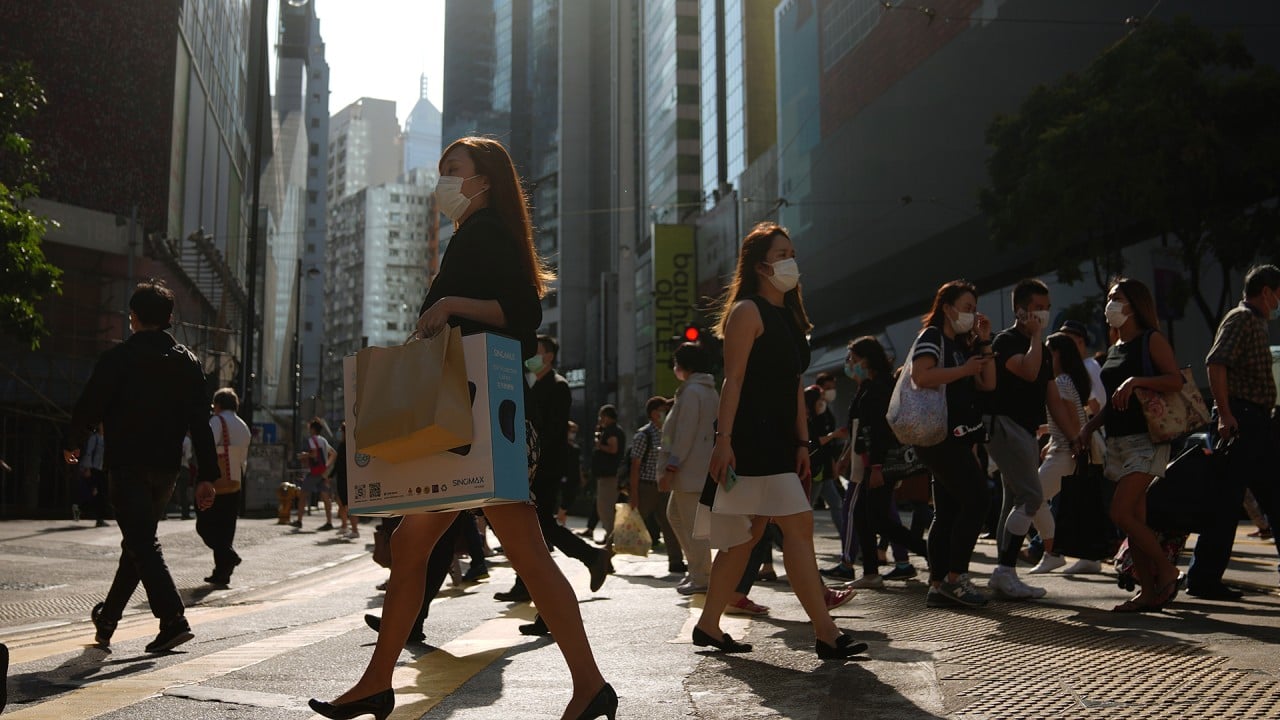Wharf Real Estate Investment Company (REIC), one of Hong Kong’s biggest commercial landlords, slipped into a loss in the first half this year after a recovery in property market prices stalled and undermined demand for office space.
The developer suffered a HK$1.05 million (US$135 million) net loss in the six months to June 30, versus a HK$1.80 billion profit a year earlier, it said in a stock exchange filing on Tuesday. It booked a HK$4.43 billion erosion in the value of its investment properties, versus HK$1.13 billion previously.
“The business environment in Hong Kong remained challenging, characterised by unfavourable currency movements, high interest rates and staffing shortage,” it said in the interim report. Growing outbound travel dampened local consumption, it added.
Wharf REIC has proposed to pay an interim dividend of HK$0.64 per share, versus HK$0.67 in the same period last year. Its shares closed 1.5 per cent higher at HK$20.10 on Tuesday, after losing as much as 1 per cent.
The property group, controlled by the family of billionaire Peter Woo Kwong-ching, owns some of the city’s biggest investment assets worth about HK$223 billion, including the Times Square in Causeway Bay and the Harbour City near Central.

Its latest financial setback reflects Hong Kong’s economic struggles. Despite faster sequential economic growth in the second quarter, retail sales fell, dragging receipts down by 6.6 per cent to HK$191.5 billion, reports showed. A relatively stronger currency and high interest rates also hurt spending patterns, the government said.
“Despite these near-term challenges, retail brands maintain confidence in Hong Kong’s prospect, with premier malls continuing to attract top-tier tenants,” Wharf REIC said. Its two flagship retail properties signed up top-tier tenants like Louis Vuitton and Celine this year, it added.
At Times Square, mall occupancy stood at 94 per cent and revenue increased by 4 per cent while operating profit rose 6 per cent. The retail occupancy at Harbour City stood at 97 per cent and revenue including from hotels increased by 5 per cent while operating profit gained 3 per cent.
Wharf REIC’s office assets also underperformed, impacted by an oversupply in the market. The offices in both two properties stood at about 87 to 88 per cent on June 30, with both revenue and operating profit sliding by as much as 10 per cent, the company said.
Uncertainties from global economic slowdown and geopolitical tensions are expected to impact Hong Kong’s economy, it added.
“The retail and hotel sectors are bearing the brunt of shifting consumption patterns,” it added. “Demand falls short of supply in all property sectors currently, and will hopefully rebuild when cyclical factors including exchange rate and interest rate improve.”


